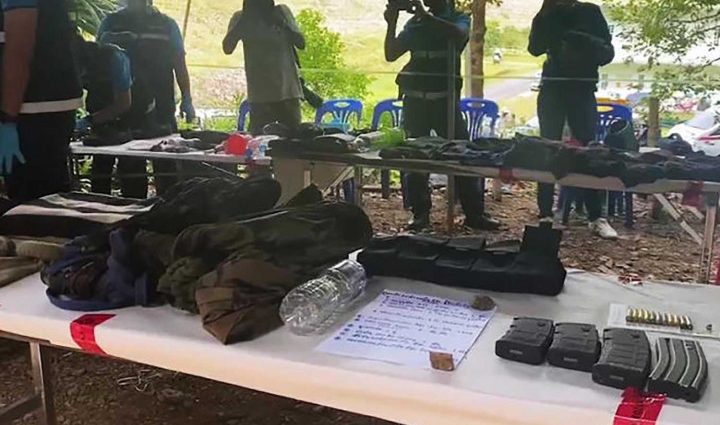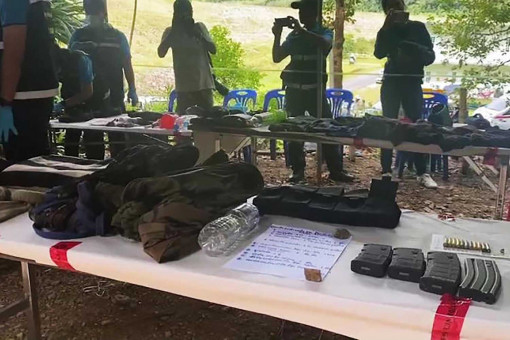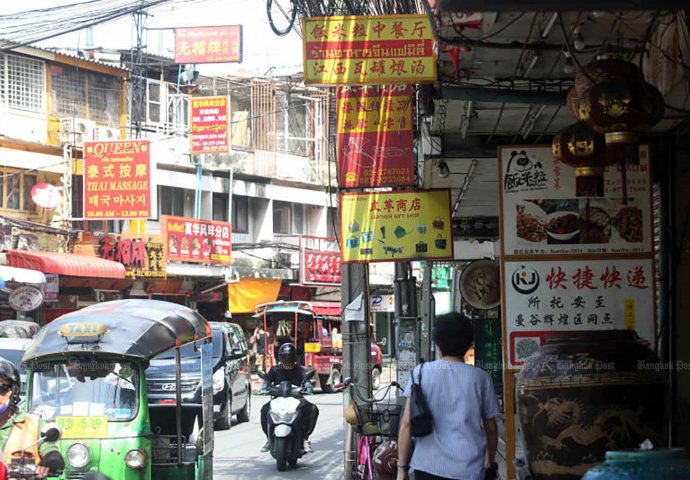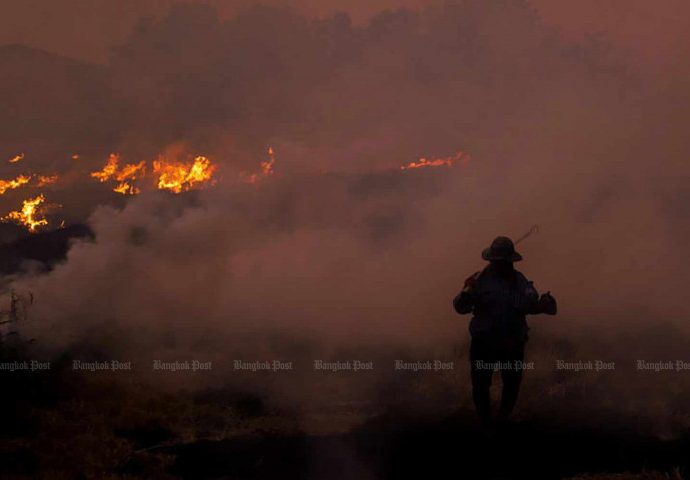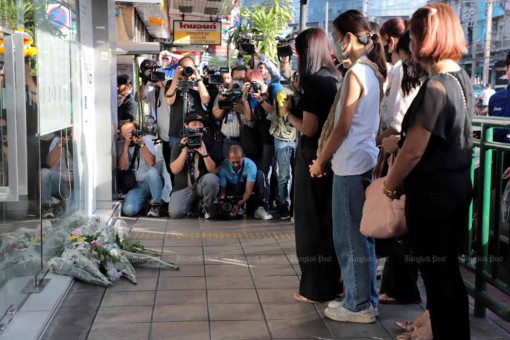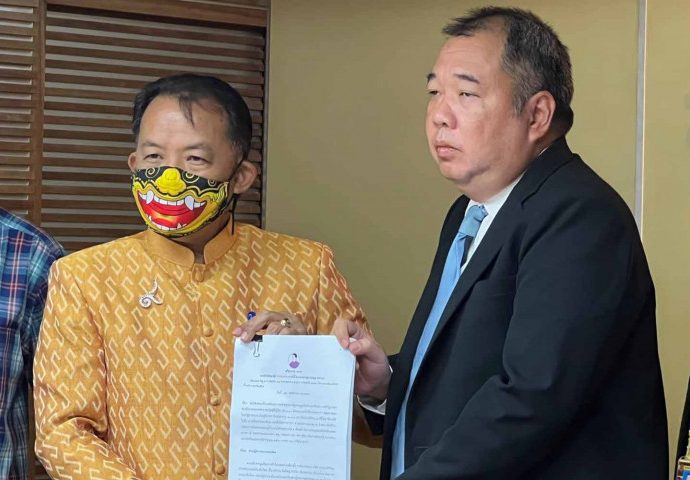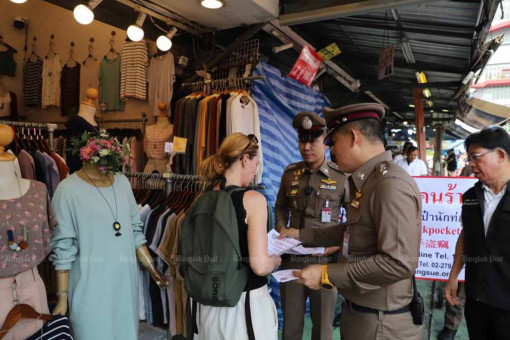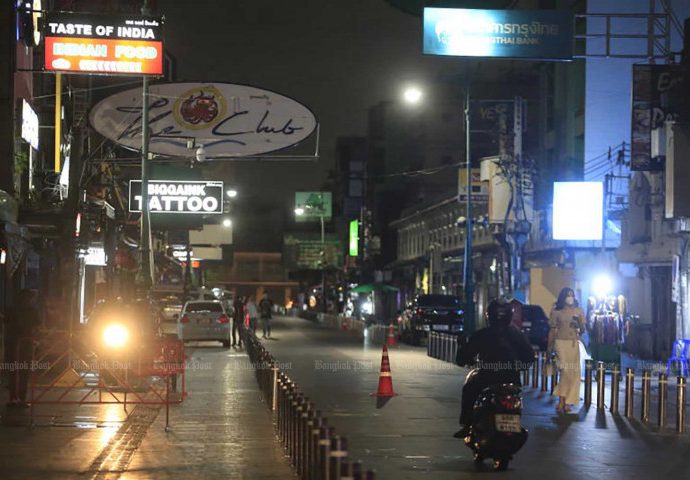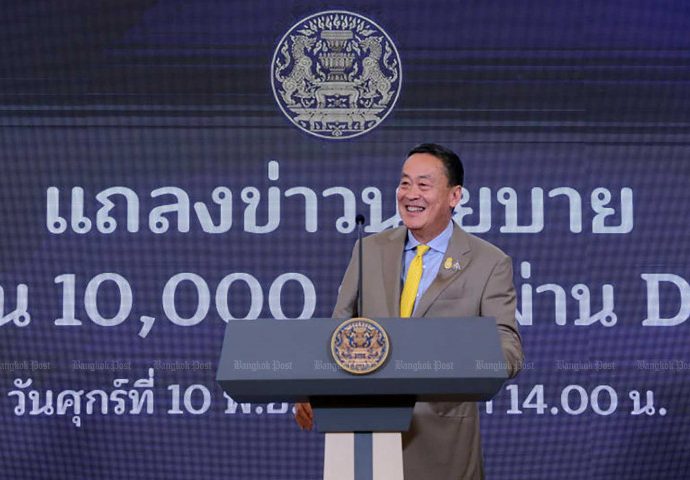400 police now on hunt for Chaowalit
PUBLISHED : 14 Nov 2023 at 04:07

More than 400 police officers and state officials are now looking for escaped prisoner Chaowalit Thongduang, known as “Sia Pang Na Node”, who took flight into the Banthad mountain range, national police chief Pol Gen Torsak Sukvimol said on Monday.
Pol Gen Torsak said clothes recently found in the mountain range were proven to have been worn by Chaowalit following DNA tests on the garments.
Six days into the manhunt, he said that Pol Lt Gen Thana Chuwong, the acting deputy national police chief, had travelled to the area to follow up on the attempt to recapture him.
The policemen and state going after Chaowalit in the mountain range stretching across Phatthalung, Trang, and Satun provinces are from the Provincial Police Regions 8 and 9 covering the southern provinces, the Border Patrol Police Bureau, the Crime Suppression Division, the Scientific Crime Detection Division and the Department of Corrections.
A police source said they had altered their strategy by closing off possible tracks along streams to prevent Chaowalit from walking to villages and begging for food from villagers.
However, officers still cannot say for certain if Chaowalit is hiding in the Trang or Phatthalung section of the Banthad mountain range, the source said.
A local villager in Baan Pa Pon said that people from about 100 households in the village were carrying a knife or other weapon with them, even in bed, to defend themselves from Chaowalit, who is carrying firearms.
Chaowalit, 37, was serving time for attempted murder. He fled from Maharat Nakhon Si Thammarat Hospital on Oct 22 after having been taken there for dental treatment. Despite being restrained and wearing leg chains, he managed to escape.

